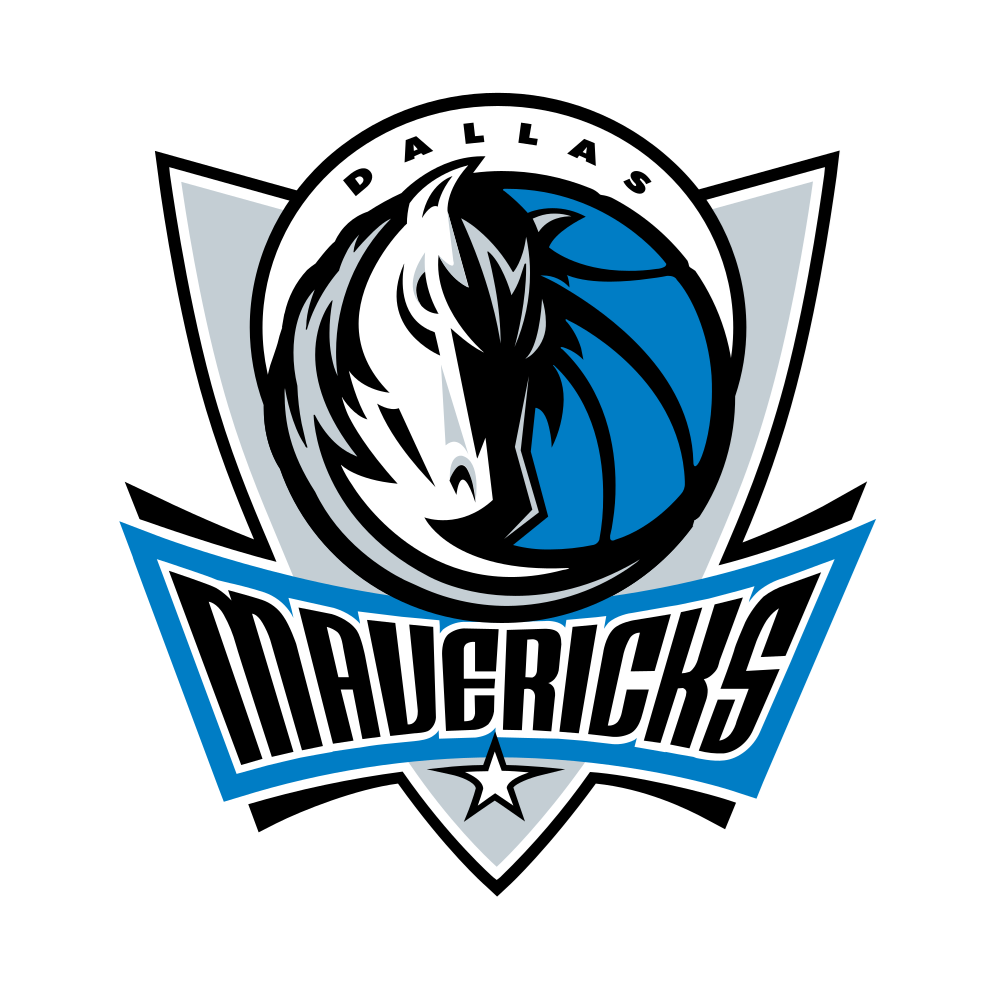The trade deadline has passed, but there is nothing to stop teams from still signing players. And news of one signing that broke today is particularly intriguing.
Per Adrian Wojnarowski of ESPN, the Minnesota Timberwolves will be signing Derrick Rose for the remainder of the season.
Rose began the season with the Cleveland Cavaliers, with whom he signed a one-year minimum salary contract in a bid to rejuvenate his struggling career. When yet more injuries got in the way of that - injuries that seemingly gave Rose pause for thought as to whether it was even any longer worth constantly trying to come back, causing a leave of absence from the team - the Cavaliers included him as a minor part of their busy trade deadline. Rose's inclusion in their deals was purely out of financial necessity; the team that received him, the Utah Jazz, never wanted him as a player and waived him immediately.
This, then, is Rose's third team this season, and the latest attempt at beginning again.
It is not immediately obvious where Rose's minutes with the Timberwolves will come from. Jeff Teague is the starting point guard, and, while in a bit of a down year for himself overall, he is on a recent post-All-Star break upswing (20.2 points, 5.0 assists, 4.8 rebounds per game). Behind him, Tyus Jones has looked genuinely impressive as a high-intensity, defensively-driven reserve guard who also moves the ball well among the reserve unit, better perhaps than Teague does ahead of him. The third strong spot is very up for grabs given how little Aaron Brooks has done this season, but that is not much of a prize.
All three of Teague, Jones and Rose only really play the point guard position. Jones and Rose are not very effective when playing off the ball offensively, and while Teague can be - which helps when playing alongside a healthy Jimmy Butler - taking the ball out of his hands heightens his weakness (namely, individual and team defense) while mitigating his strengths. No combinations of the three really figure to work well, thus Rose may find it difficult to get rotation minutes.
What Rose does however have in Minnesota is Tom Thibodeau, the head coach with whom he paired back during his career-best years in Chicago. Although this is the same Thibodeau whose knack for giving very heavy minute workloads to his best players pairs with a staunch rigidity when it comes to substitution patterns to make for the league's most inflexible rotations, this is also the same loyal Thibodeau who knows what he wants and sticks with it. Rose, seemingly, is one such player now.
And, as Brooks and assistant coach John Lucas III can testify to, Thibodeau seems to be very loyal to his point guards.
Even back at his career best, Rose played an inefficient style of basketball. Starting defensively, he applied little ball pressure, won few possessions and hid where he could; offensively, he did not shoot from outside, generally avoided contact and the foul line, swung the ball little, moved little around the perimeter without the ball, and never hit a roll man with a pass. He drove, he pushed the ball, he looked for his own and he normally found it, but there was a lot he did not do - or could not do.
It worked as a package because he was so athletic, and such a good shot maker, that he could not be stopped from doing that which he wanted to do anyway. Rose in his prime was a combination of athleticism and layupability never seen before, and so good was he at what he did that he won the NBA's MVP award for it. The holes in his game did not matter then.
The margins were always tight, though. While the post-injury Rose is still quick, athletic and a talented finisher at the rim, the inability to be quite as explosive and dominant as he was makes the rest of his game more important in order to thrive. As with Teague, when taken away from what he does best, Rose's weaknesses are magnified. And the injuries have denied him enough time on the court to develop his weaknesses.
To rebuild his career then requires a steady situation, a coach who gets him, and a clean bill of health. Both parties think they now have the first two of these - and the third is sorely overdue.

















